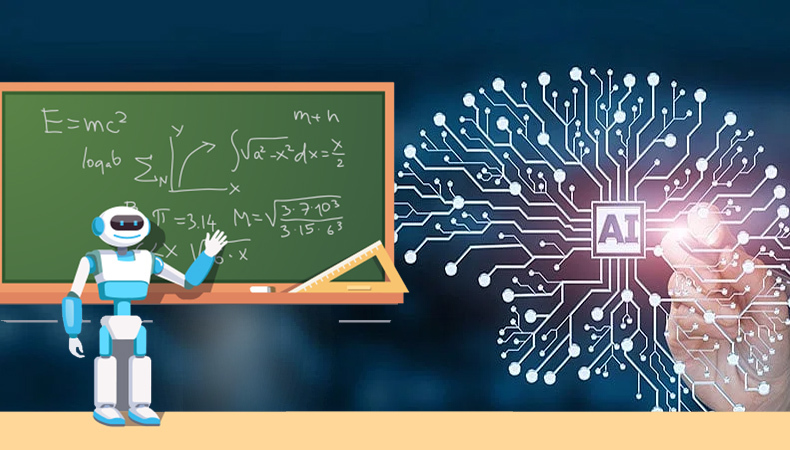The Role of AI in Education: Addressing Learning Gaps and Supporting Student Success

Concerns about pupils falling behind academically have increased in the aftermath of the COVID-19 pandemic’s educational issues. As schools and educators wrestle with this challenge, the use of artificial intelligence (AI) in education appears as a possible option to assist student learning and close learning gaps.
Also Read – AI in education is the subject of an Arab conference
The pandemic’s disruption has had a substantial influence on kids’ schooling, resulting in learning loss and expanding performance disparities. Given the scope and complexity of the issue, traditional educational approaches may fail to properly address these problems. However, AI technology has the potential to improve education and assist students in catching up.
One of the most significant benefits of AI in education is its capacity to customize learning experiences. AI systems can determine individual students’ strengths, limitations, and learning styles by analyzing massive volumes of data. This allows the development of personalised learning paths, with students receiving targeted help and resources based on their unique requirements.
AI-powered tools and platforms may also provide adaptive learning experiences, altering the speed and substance of training to fit the development of pupils. This customized approach keeps students interested, motivated, and on track with their learning goals. It also enables educators to better spend their time and resources, concentrating on areas where their knowledge is most required.
Furthermore, AI can improve the evaluation and feedback procedures. AI-powered automated grading systems may analyze student work effectively, delivering fast feedback and freeing up instructors’ time for more meaningful interactions with students. AI-powered analytics may also provide insights into student performance patterns and indicate areas that need further attention, allowing for targeted interventions and assistance.
While AI has enormous promise, it is critical to proceed with care when incorporating it into education. To provide equal and fair access to educational opportunities for all students, ethical issues, data privacy, and the possibility for algorithmic biases must be properly addressed. Building trust and realizing the advantages of AI in education need strong protections and open processes.
Artificial intelligence is not intended to replace teachers, but rather to supplement human roles and talents. The human touch is still important in education, and AI should be considered as a beneficial tool to assist instructors and improve students’ learning experiences.
Also Read – Apple’s Machine Learning And Generative AI Efforts
As pupils continue to struggle to catch up academically, the promise of AI in education provides optimism. Schools can create customized and adaptive learning experiences, bridge learning gaps, and enable students to attain their full potential by using the power of AI.




